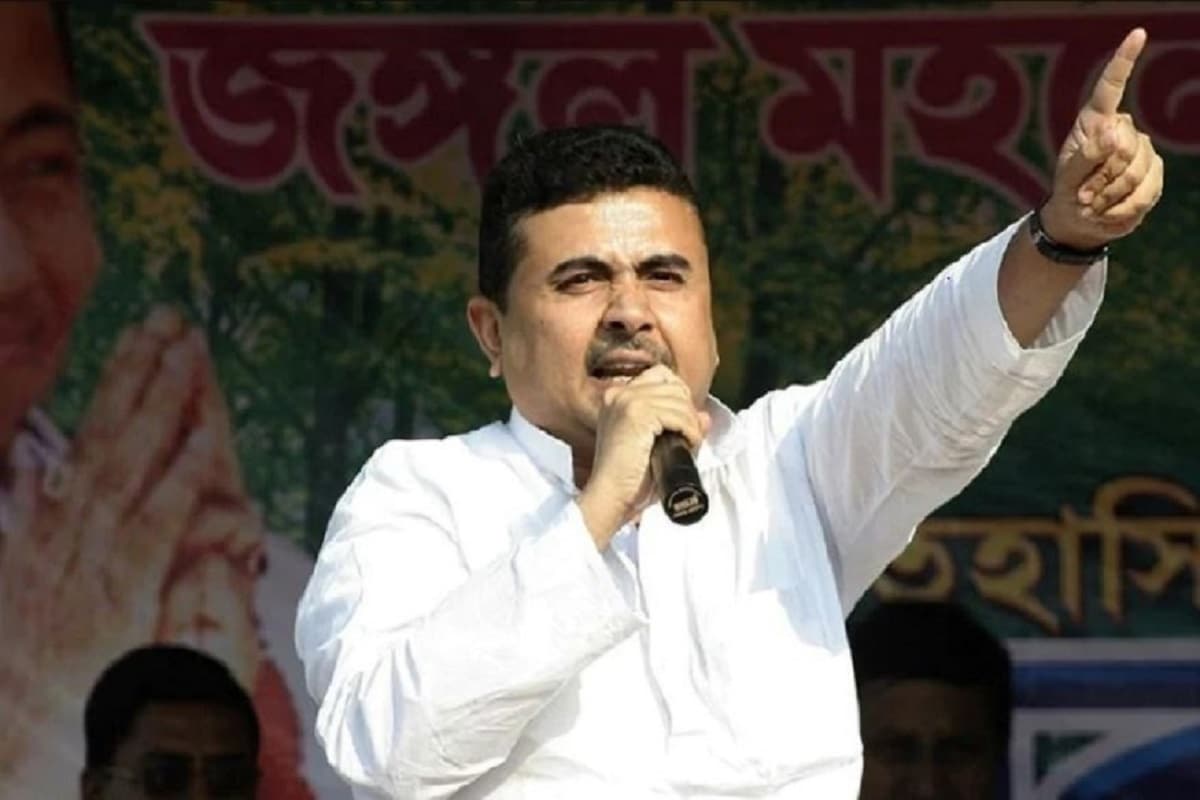With a stroke of a pen, the Drugs Controller General of India has put to rest any doubts and concerns that it would rush to grant emergency use approval to COVID-19 vaccines tested and manufactured in India or elsewhere in the absence of sufficient data. The greatly reassuring decision to seek additional safety and immunogenicity data from the Pune-based Serum Institute of India and Hyderabad’s Bharat Biotech underlines the regulator’s priorities even for emergency use approval rather than an early roll-out of vaccines that have not been sufficiently studied. The decision to seek more evidence would mean a slight delay in locally manufactured vaccines becoming available. But it clearly demonstrates that the committee did not misread the announcement by Prime Minister Narendra Modi that a vaccine will be available in the next few weeks as a signal to grant approval in haste. By keeping the approval on hold pending more evidence, the expert committee has done much to generate trust in the regulator’s uncompromising approval process even for emergency use in the midst of the pandemic. However, these manufacturers have unfortunately come out as being in a hurry to seek approval without sufficient data to support their case.
Bharat Biotech’s rush to seek approval is of concern as the company had not submitted any data from its phase-3 trial but relied entirely on the interim safety and immunogenicity data of the phase-1 and phase-2 trials; the company had begun phase-3 trials only in mid-November. While Serum had submitted interim safety and efficacy data of the Oxford vaccine from the phase-2/3 clinical trials carried out in India and other countries, the safety data of the Indian trial submitted was only till mid-November. The phase-3 trials by Serum began on September 21, and since the second dose is administered 28 days after the first, the median follow-up after the second dose would have been for just a few weeks, far less than at least two months that the U.S. FDA had stipulated. With the published data of the interim phase-3 trial of the Oxford vaccine raising some concerns, the committee has rightly sought immunogenicity data from the U.K. trial. While the U.K. has approved the mRNA vaccine from the U.S.-based Pfizer, no country including the U.K. has approved the Oxford vaccine manufactured by London-based AstraZeneca. In September, nine global vaccine manufacturers had signed a joint pledge that they would not seek premature approval from regulatory authorities and would test COVID-19 vaccines to the highest standards and keep “the safety of vaccinated individuals our top priority”. So Indian manufacturers should strive to carry out the trials to the highest ethical standards and submit comprehensive data such that emergency use approval is a sure shot. Any further haste shown in seeking approval for emergency use may turn detrimental and the companies may even run the risk of losing public trust.






More Stories
Sebi eases listing rules for large IPOs, paving way for LIC’s mega float
Airtel to buy back 20% stake in DTH arm from Warburg Pincus for Rs 3,126 cr
Bitcoin scales $51,000 for the first time as crypto fever continues